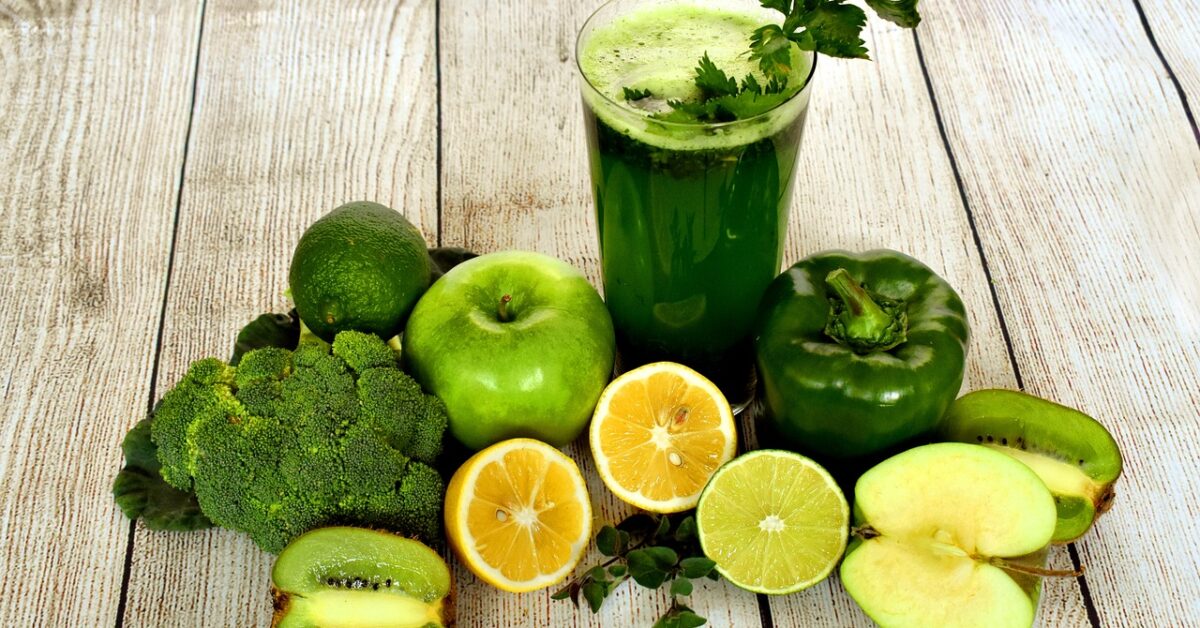Eating Vegetarian Seafood: A Sustainable and Healthy Choice
With the increasing concern for the environment and personal health, many individuals are exploring alternative diets that reduce their carbon footprint and promote well-being. One such diet gaining popularity is vegetarian seafood. By opting for plant-based alternatives to traditional seafood, individuals can enjoy the taste and texture of seafood while contributing to a more sustainable future. In this article, we will explore the benefits of eating vegetarian seafood and provide insights into some popular options available in the market.
The Environmental Impact of Traditional Seafood
Traditional seafood consumption has been linked to various environmental issues, including overfishing, habitat destruction, and bycatch. Overfishing, in particular, has led to the depletion of fish populations and disrupted marine ecosystems. According to the Food and Agriculture Organization of the United Nations, approximately 33% of global fish stocks are overfished, while another 60% are fully exploited.
By choosing vegetarian seafood, individuals can help alleviate the pressure on marine ecosystems and contribute to the preservation of biodiversity. Plant-based alternatives do not require the same level of resources and do not contribute to the depletion of fish populations. Additionally, vegetarian seafood production generates fewer greenhouse gas emissions compared to traditional seafood production, further reducing its environmental impact.
Health Benefits of Vegetarian Seafood
Vegetarian seafood offers numerous health benefits, making it an attractive choice for individuals looking to improve their well-being. Here are some key advantages:
- Rich in Nutrients: Many vegetarian seafood options are fortified with essential nutrients such as omega-3 fatty acids, vitamins, and minerals. These nutrients are vital for brain function, heart health, and overall well-being.
- Low in Fat and Cholesterol: Plant-based seafood alternatives are typically low in saturated fat and cholesterol, making them heart-healthy options. They can help reduce the risk of cardiovascular diseases and promote a balanced diet.
- Reduced Exposure to Toxins: Traditional seafood can sometimes contain high levels of mercury, PCBs, and other contaminants. Vegetarian seafood eliminates this risk, providing a safer alternative for consumption.
Popular Vegetarian Seafood Options
The market for vegetarian seafood has expanded significantly in recent years, offering a wide range of options to suit different tastes and preferences. Here are some popular choices:
1. Plant-Based Fish Fillets
Plant-based fish fillets are made from ingredients such as soy, wheat, and pea protein. These fillets mimic the texture and taste of traditional fish, providing a satisfying seafood experience. They can be used in various recipes, including fish tacos, sandwiches, and stir-fries.
2. Seaweed and Algae Products
Seaweed and algae are excellent sources of essential nutrients and are often used to create vegetarian seafood alternatives. Products like seaweed-based sushi rolls, algae-based caviar, and seaweed snacks offer a taste of the ocean while providing health benefits.
3. Plant-Based Shrimp
Plant-based shrimp alternatives are typically made from ingredients like konjac flour, potato starch, and pea protein. These alternatives closely resemble the texture and flavor of traditional shrimp and can be used in various dishes, such as pasta, salads, and stir-fries.
4. Vegan Crab Cakes
Vegan crab cakes are a popular choice for those seeking a plant-based alternative to traditional crab cakes. Made from ingredients like artichokes, hearts of palm, and chickpeas, these crab cakes offer a similar taste and texture without the environmental impact.
Conclusion
Eating vegetarian seafood provides a sustainable and healthy alternative to traditional seafood consumption. By choosing plant-based options, individuals can contribute to the preservation of marine ecosystems, reduce their carbon footprint, and enjoy the numerous health benefits associated with a vegetarian diet. With the wide variety of vegetarian seafood options available in the market, it has never been easier to make a positive change for the environment and personal well-being.
